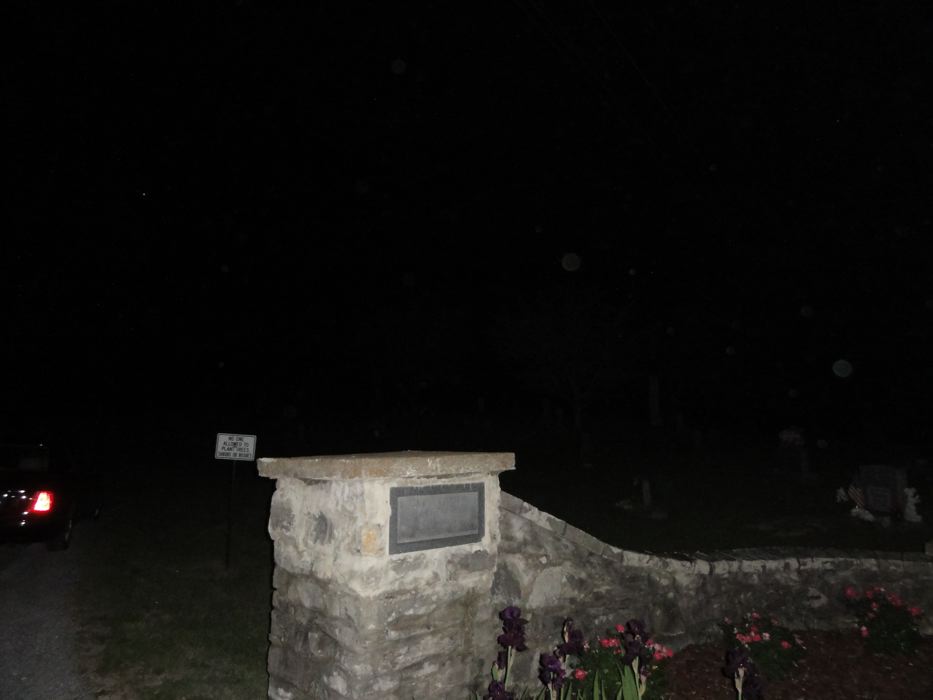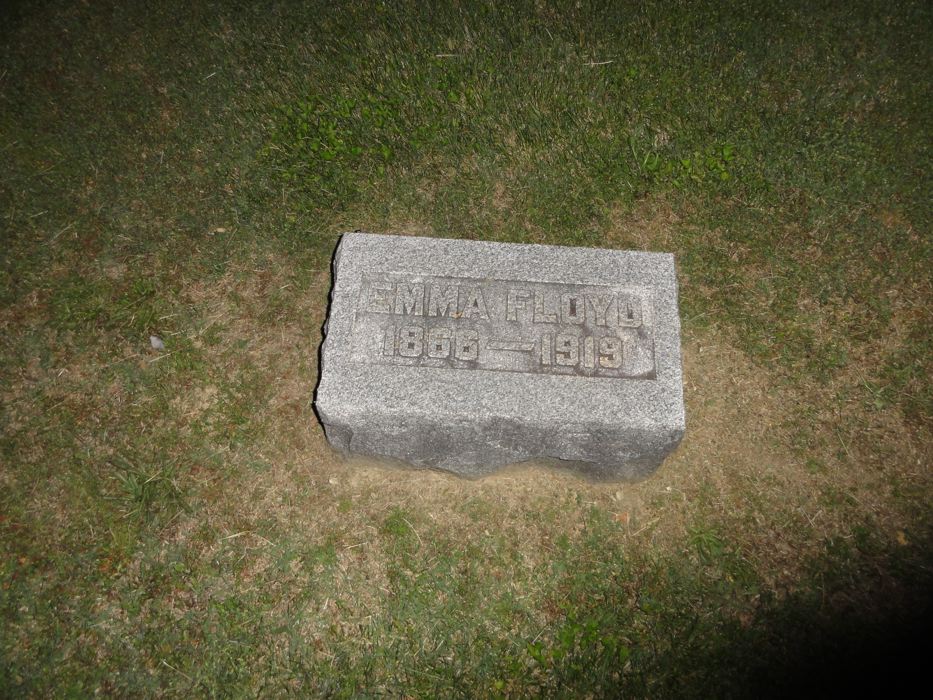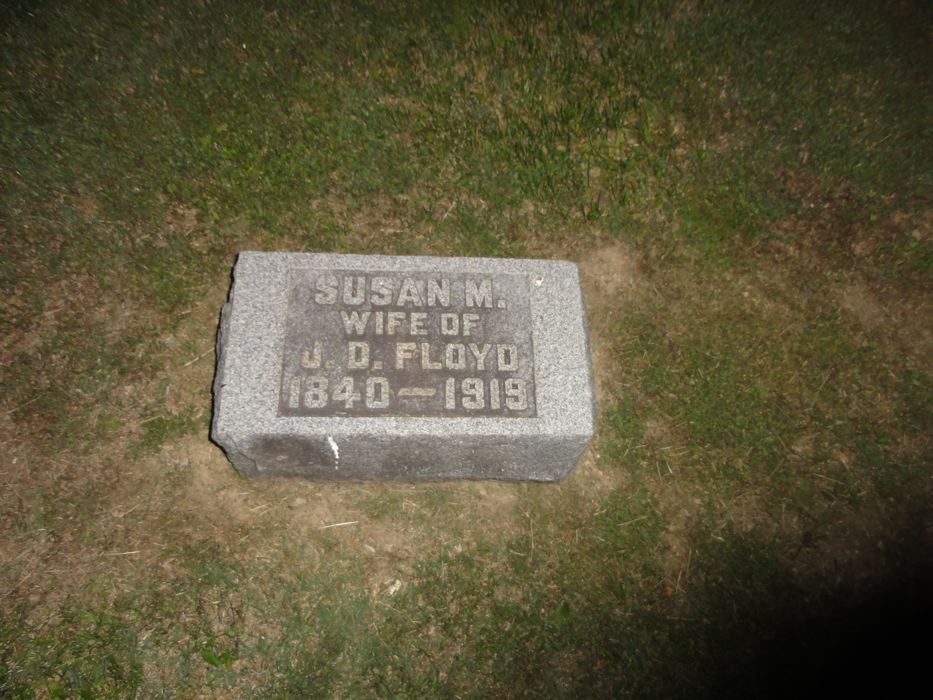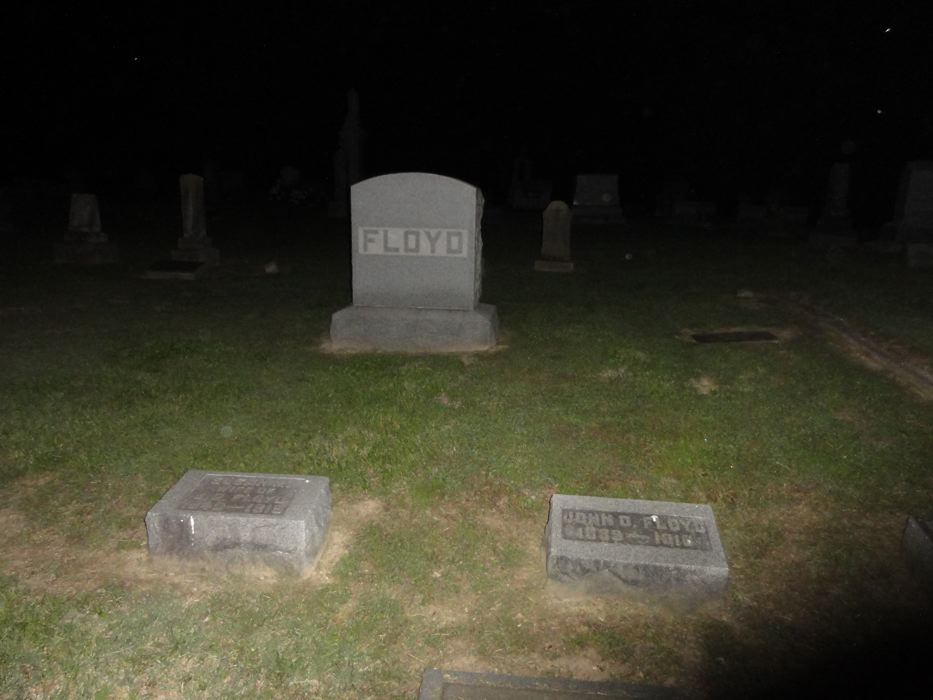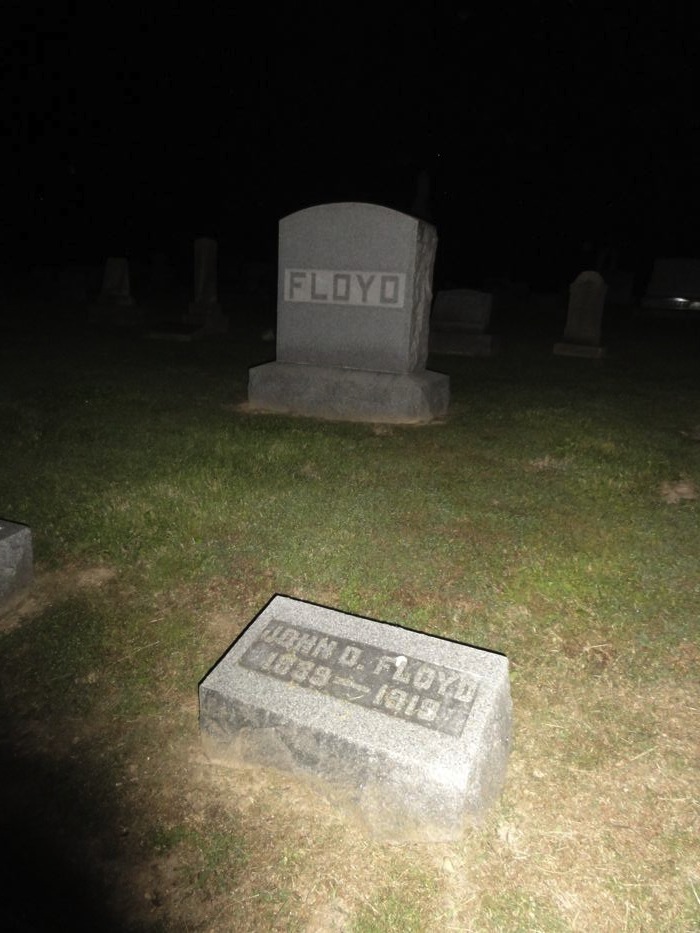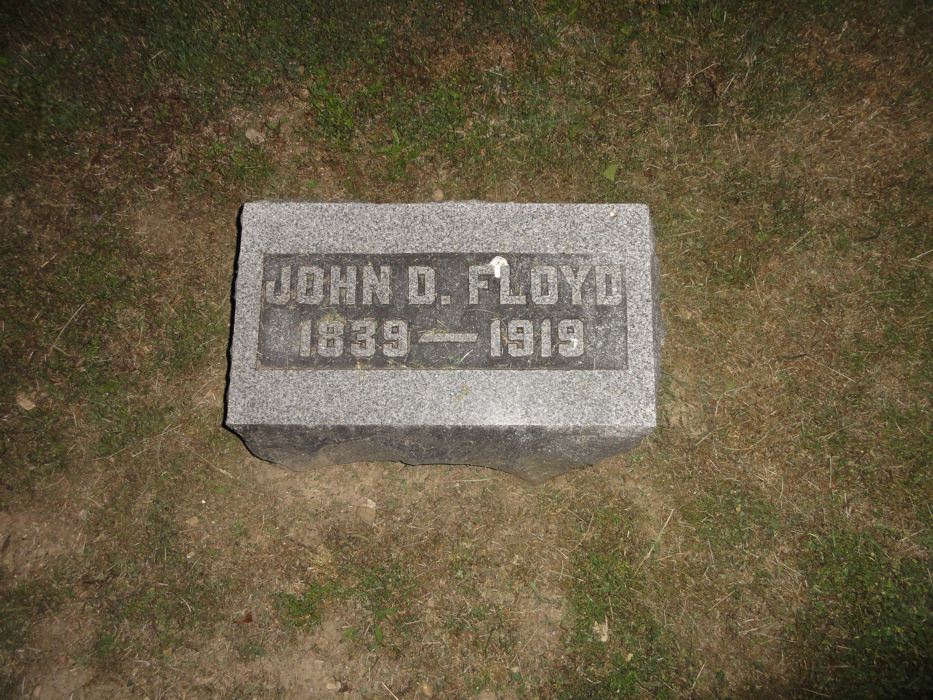John D. Floyd
1839-1919
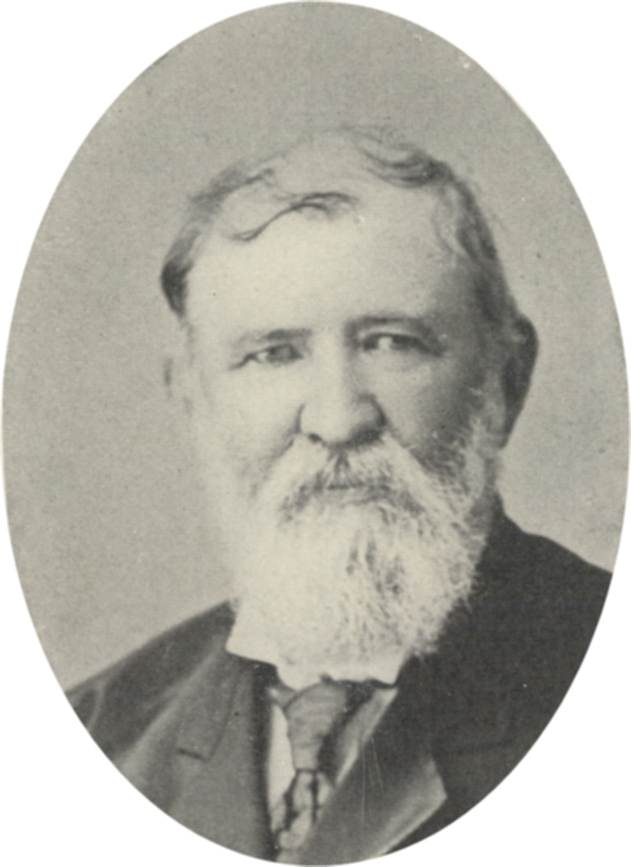
![]()
Biographical Sketch Of The Life Of J. D. Floyd
Some one has very truly said that great men plant their influence in the heart of humanity and pass on to higher spheres of service. This is applicable to J. D. Floyd. He stamped his impress upon the minds and hearts of man in Middle Tennessee. There are but few, if any, congregations in Middle Tennessee that have not felt the influence Of this great and good man.
John D. Floyd was born On September 1, 1839, in Tennessee. He grew to manhood in his native county. He had small opportunities for an education. He had an inquiring mind and strong intellectual powers. He was possessed of a very genial disposition. He enlisted in the Confederate Army, Seventeenth Tennessee Regiment, Volunteer Infantry, in 1861. He was soon promoted to the position of lieutenant, and served with bravery and gallantry until the close of the war in 1865. He suffered much during these four years. They were years of wickedness and had a very unwholesome effect upon his mind and body. The preaching that he had heard before the war beclouded and confused his mind in regard to religion. He was reared under the influence of the Baptist Church. He was in doubt as to whether he was one of the elect. During the four years that he was in the war he thought much about his eternal salvation, and when the war closed he had drifted into infidelity. Soon after the war he learned that Dr. T. W. Brents, an eminent physician and preacher of the gospel, was to preach at Lynchburg, Tenn., about seven miles from his home, and he planned to hear him.
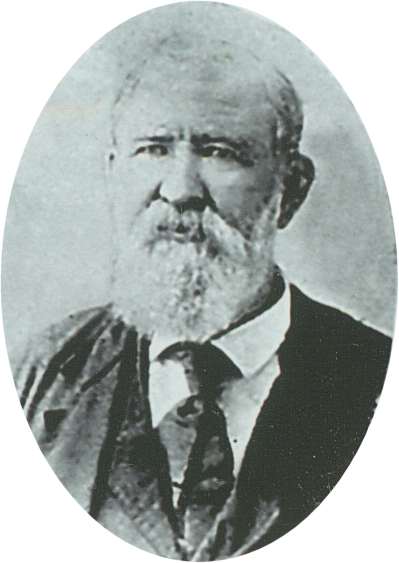 He had attended school for a short time before the war at New Hope Academy, in Marshall County, Tennessee. While attending this school he had heard
Dr. Brents lecture, and he remembered him as being a very prominent and logical
speaker. He went to Lynchburg, and when he arrived he was greatly disappointed
upon learning that Dr. Brents would not be there, but that he had sent another
preacher in his stead. J. D. Floyd was so disappointed that he came near turning
around and riding back home. However, he decided to remain and learn something
if he could. Old Brother R. B. Trimble was the preacher sent by Brother Brents.
When he arose, he announced that he would preach from Acts 2:38 and Acts 8:22.
Young Floyd did not know what these Scriptures were, so they arrested his
attention at once. Brother Trimble showed from these Scriptures the law of
pardon to the alien sinner and the law of pardon to the erring child of God.
This was new to young Floyd. He had never heard any one make such a division of
the word of God, and it had never occurred to him before that there were two
classes addressed in the Bible. He soon became interested in the sermon, for it
was a complete revelation to him and cleared up many points over which he had
been confused for some time. Young Floyd saw for the first time in life the
beauty and fitness in the Bible. This was a turning point in his life. Little
did the preacher think that he was having part in an exercise or service that
would determine the destiny of at least one man, and that this one man would
affect the destiny of thousands. Young Floyd began at once a very close,
careful, and honest study of the Bible. A few months after he began studying the
Bible he was baptized into Christ upon his confession of faith in him as his
Lord and Master. Soon after he became a Christian he began preaching in his own
community.
He had attended school for a short time before the war at New Hope Academy, in Marshall County, Tennessee. While attending this school he had heard
Dr. Brents lecture, and he remembered him as being a very prominent and logical
speaker. He went to Lynchburg, and when he arrived he was greatly disappointed
upon learning that Dr. Brents would not be there, but that he had sent another
preacher in his stead. J. D. Floyd was so disappointed that he came near turning
around and riding back home. However, he decided to remain and learn something
if he could. Old Brother R. B. Trimble was the preacher sent by Brother Brents.
When he arose, he announced that he would preach from Acts 2:38 and Acts 8:22.
Young Floyd did not know what these Scriptures were, so they arrested his
attention at once. Brother Trimble showed from these Scriptures the law of
pardon to the alien sinner and the law of pardon to the erring child of God.
This was new to young Floyd. He had never heard any one make such a division of
the word of God, and it had never occurred to him before that there were two
classes addressed in the Bible. He soon became interested in the sermon, for it
was a complete revelation to him and cleared up many points over which he had
been confused for some time. Young Floyd saw for the first time in life the
beauty and fitness in the Bible. This was a turning point in his life. Little
did the preacher think that he was having part in an exercise or service that
would determine the destiny of at least one man, and that this one man would
affect the destiny of thousands. Young Floyd began at once a very close,
careful, and honest study of the Bible. A few months after he began studying the
Bible he was baptized into Christ upon his confession of faith in him as his
Lord and Master. Soon after he became a Christian he began preaching in his own
community.
J. D. Floyd was a man of one book. He studied the Bible. He read the Bible daily to know the will of God and to be able to teach it to others. He preached for the church at Flat Creek and built up a strong congregation there. The church at Flat Creek was organized in 1868. J. D. Floyd began preaching regularly for the church there in 1871, and continued his labors with that church for about fifty years. Much of this time he was an elder in this congregation. This congregation developed and sent out many preachers of the gospel. Among those sent out were K. J. Pearson, E. P. Couch, Charles Bearden, Herbert Patterson, W. F. Reagor, J. M. Philputt, A. B. Philputt, B. S. Gowen, and George Gowen. Brother Floyd had much to do with the development of all these preachers. He taught them and encouraged them to preach the gospel. His work with the congregation at Flat Creek prepared him for the work of teaching and encouraging congregations. While he was a splendid evangelist and brought many into the church, yet his strongest efforts were given to the teaching of the church.
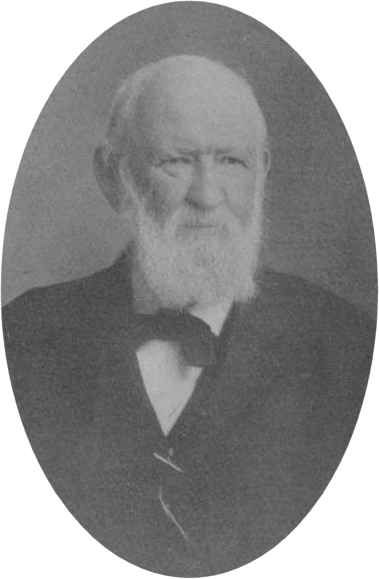 At the close of the year 1880 he wrote to the Gospel Advocate and gave a
report of his work during that year. In this report he says that he saw the need
of teaching the church. Many congregations throughout Middle Tennessee had been
established, but they were weak and untaught. Brother Floyd was an apt teacher
and did much to strengthen these churches. Many of them would not be in
existence today had not Brother Floyd taught and encouraged them. He traveled on
horseback and went into the rural sections and preached the gospel to aliens and
taught and confirmed the children of God.
At the close of the year 1880 he wrote to the Gospel Advocate and gave a
report of his work during that year. In this report he says that he saw the need
of teaching the church. Many congregations throughout Middle Tennessee had been
established, but they were weak and untaught. Brother Floyd was an apt teacher
and did much to strengthen these churches. Many of them would not be in
existence today had not Brother Floyd taught and encouraged them. He traveled on
horseback and went into the rural sections and preached the gospel to aliens and
taught and confirmed the children of God.
Brother Floyd was a clear, accurate thinker, and had the ability to express himself with clearness and force. He wrote a splendid book, " The Word of Reconciliation." This book has been considered by many as the best work on first principles for general distribution that has been published. Any young preacher could read this book with great profit today. It is written in simple language, and the thoughts are supported by Scriptural quotations. This book alone has been a great factor in the conversion of many people.
Brother Floyd was a preacher of the gospel for fifty years. Very few men have done more work or better work for the church than did he. The number of churches that he planted or served can testify of his faithfulness and his efficiency. In his old age he derived much pleasure and satisfaction from the memory of the work he had done and the number of faithful servants of the Lord that he had encouraged. Brother Floyd was a strong man, mentally, morally, and spiritually. He lived a clean life and had an influence for good over all whom he met. In his extensive work his life touched the lives of many, and all could bear witness that his influence over them was a benediction. He loved peace, and he always endeavored to "keep the unity of the Spirit in the bond of peace."
Brother Floyd died at the home of his daughter, Mrs. R. H. Mitchell, at Tullahoma, Tenn., November 30, 1919. He was a little more than eighty years old when he died. Funeral services were held by two of his lifelong friends and coworkers in the Lord, T. C. Little and B. F. Hart. So passed from earth into a higher realm an honest man, a good citizen, a devoted father, a faithful husband, and a Christian.
-Biographical Sketches Of Gospel Preacher, H. Leo Boles, GA, pages 301-304
![]()
Tribute to J. D. Floyd
Elder John D. Floyd was born on September 1, 1839. He enlisted in the Confederate Army, Seventeenth Tennessee Regiment, Volunteer Infantry, in 1861,was a lieutenant, and served with gallantry until the close of the war in 1865. He was married to Susan B. Motlow on December 28, 1865. They lived each for the other and both for God, walking together in love until June, 1919, when she died, his oldest daughter having preceded her mother to the grave only a few months, leaving him only one child, Mrs. R. H. Mitchell, with whom he made his home from then until his death, November 30, 1919, being a little over eighty years old. Burial at Flat Creek, after funeral services by Brother B. F. Hart and me.
In relating his experiences in life, Brother Floyd often spoke of the wicked war and the four years of suffering and uncertainty in body and mind, as the preaching he had heard only beclouded his mind so that he could not tell whether or not he was one of the elect. He was rapidly drifting into infidelity when the war closed and he returned home. While in this mental condition, soon after the war, he learned that Dr. T. W. Brents, an eminent physician and preacher, was to preach at Lynchburg, about seven miles from his home. Having heard the Doctor lecture while attending school at New Hope Academy, in Marshall County, Tenn., and remembering him as a very able and logical speaker, he decided to hear him. He was sorely disappointed when the hour for preaching arrived. Another preacher, B. B. Trimble, arose and preached, taking for his text Acts 2:38 and Acts 8:22, from which he showed the law of pardon to the alien sinner and the erring child of God as well. He soon became interested in the sermon, which was a complete revelation to him. He saw for the first time a beauty and fitness in the Bible, and often spoke of the occasion as the turning point in his life. At once he began a close, careful, and honest study of the blessed Book. A few weeks afterwards he was baptized into Christ upon his confession of faith in him as the Son of God. In a short while he began preaching the word in his community and surrounding ,communities, continuing until his death—fifty years.
Very few men have done better work than he. The number of churches that he planted or served testify of his efficiency and faithfulness. It was a source of much pleasure and satisfaction to him in his last years to look back over his life work and see the faithful ones to whom he had carried the gospel continuing steadfastly in the apostles' doctrine, in fellowship, in breaking of bread, and in prayers. His spirit was sorely vexed at the divisions that had taken place in a few of the churches he had served, so earnestly endeavoring to "keep the unity of the Spirit in the bond of peace," and he spoke of it as his greatest sorrow. He was a strong man, morally and mentally. His writings were forceful, clear, and logical, and his book, "The Word of Reconciliation," will live on to lead men to the Lamb of God for salvation. His preaching was not with excellency of speech or, wisdom of men, but in demonstration of the Spirit and of power, coupled with an earnest, modest, faithful life in every walk, and he won the esteem and confidence of all who knew him. Only a few days before his death he said to me: "I am anxious to go on. I am still trusting my Savior' with the same faith in his word and its power to lead us all to the home of the soul. Yes, I believe the things I have believed for more than fifty years." Truly, his was
"A faith that did not shrink,
Though pressed by every foe,
Nor tremble on the brink
Of any earthly woe."
It was certainly beautiful, comforting, and inspiring to see this old man of God passing through the valley of the shadow of death in the full assurance of faith, journeying to the" city which hands have not piled, to live forever in the country by sin undefiled." An honest man, a good citizen, a devoted father, a faithful husband, and a Christian gentleman!
We sorrow not as those who have no hope.
-T. C. Little, Gospel Advocate, January 8, 1920, p.33
![]()
Location of The Grave Of J. D. Floyd
J. D. Floyd is buried just outside of Lynchburg, Tennessee in the community of Flat Creek. He is buried in the Rose Bank Cemetery on New Herman Road. From I-24 at Tullahoma, Tennessee, take Hwy 55 toward Lynchburg. Just as you enter Lynchburg you will see a store on the right that corners on Flat Creek Rd. (Hwy 82). Travel out Flat Creek Rd. 6.8 miles and come into the unincorporated village of Cane Creek. At the crossroads you will see the Cane Creek Church of Christ on the left. Turn left by the church building and then turn back to the left on New Herman Rd. Go 4/10 mile on New Herman Rd. and the cemetery is on the left. Go to the second entrance and as you enter, bear to the left, and count in about 12 rows, the top of the first little rise. From the road driveway it will be about 4 stones in where you'll see the "Floyd" stone which is about 4ft square in size.The actual GPS location of the grave is: 35°22'58.9"N 86°25'00.2"W / or D.d. 35.383037,-86.416713]
While visiting this grave, be sure to travel further out New Herman Road another 3.6 miles and the old New Herman Church of Christ located on the left. It was established in 1830, and in the old graveyard behind is the grave of Joshua K. Speer.
Other Preachers buried In The Area:
Thomas K. Shaw - 7 miles
B.F. Hart - Petersburg - 15 miles
W.H. Dixon - 17 miles
![]()
![]()
More About The Flat Creek Church of Christ
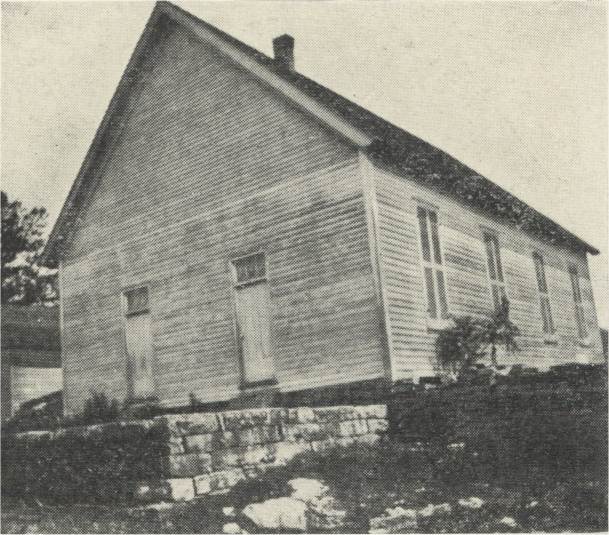
The church at Flat Creek, Tennessee is perhaps one of the most remarkable in the brotherhood for the large number of preachers it has sent out. It was only organized in 1868, yet nearly half-dozen churches have swarmed from the parent hive, and more than a dozen preachers have gone out either from this church or because of influences emanating with or impressions received in it. Among these are J. D. Floyd, K. J. Pearson and Wat Gowen, of Flat Creek, E. P. Couch, of Mt Byrd, Ky., Charles Bearden, of Wylie, and Herbert Patterson, of Bazette, Texas, W. F. Reagor, of Sacramento, Cal., J. M. Philputt, of Buffalo, N. Y., A.B . Philputt, of Indianapolis, Ind.; B. S. Gowen, of New Haven, Conn., Geo. Gowan, of Louisville, Ky. J. D. Floyd, one of the elders, has preached more or less regularly for the church since 1871. To his efforts is due, more than to any one else, the marvelous work done by this church, and to his encouragement the large numbers of preachers which she has sent out. He is the author of what is considered by many the best work on first principles for general distribution yet published by us - "The Word Of Reconciliation" He preaches in the regions round about, and wields the most powerful influence for good of any man in a large section of Middle Tennessee. The church has always been noted for its excellent congregational singing, A.D. Fillmore, the father of the Fillmore brothers, of Cincinnati, doing the last music teaching of his life in this church in 1869.
-Churches Of Christ, John T. Brown, 1904, page 626
![]()
